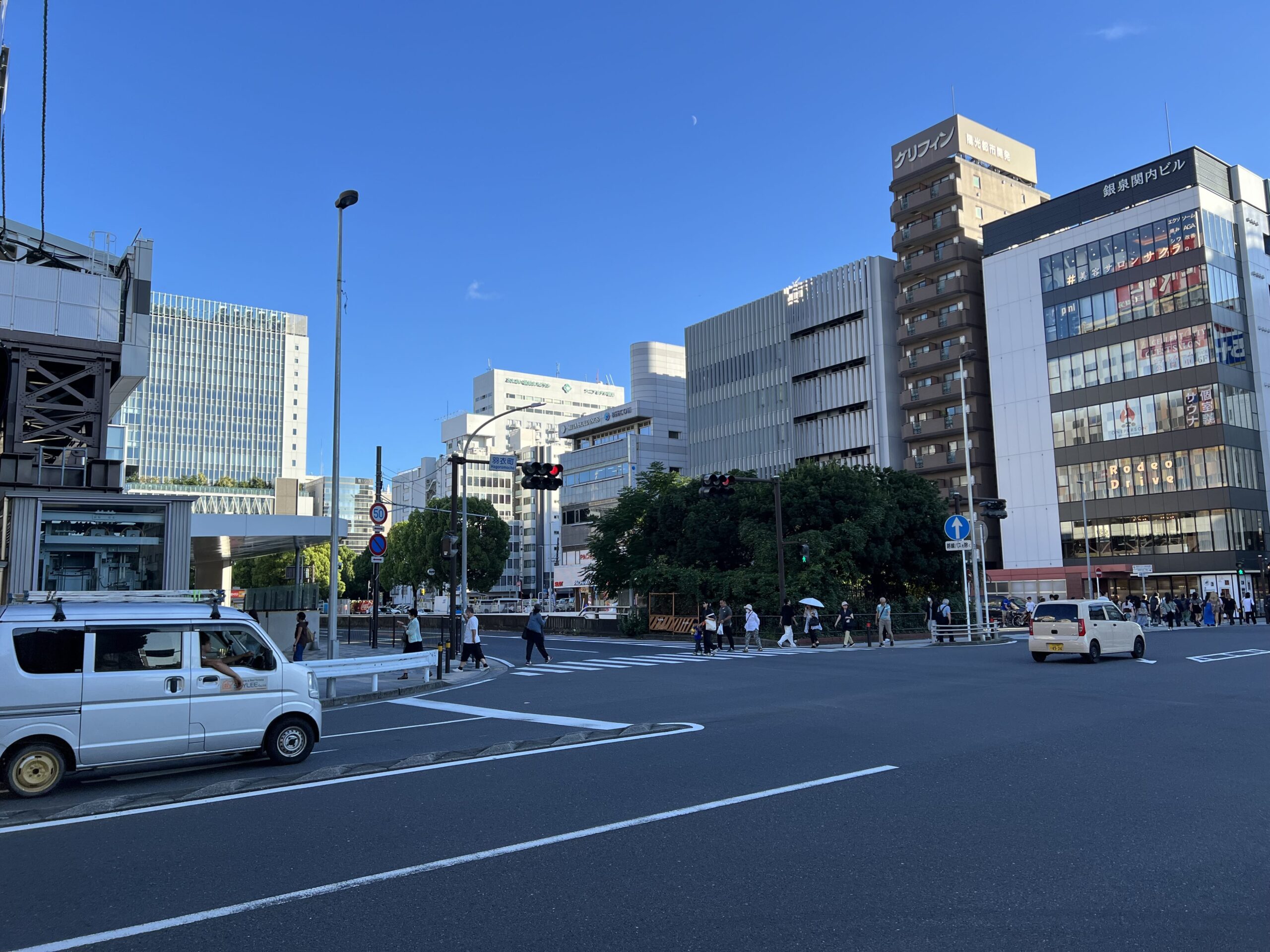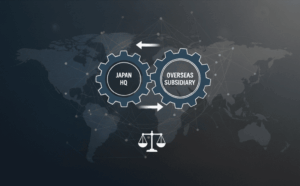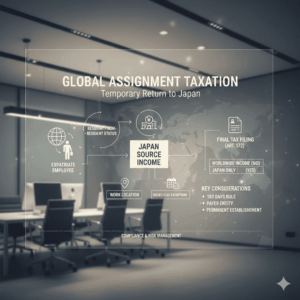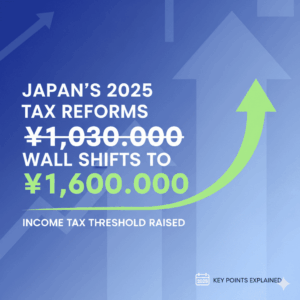Service Export Tax Exemption: Complete Guide to International Service Transactions and Tax Processing
In today’s era of expanding international business, Japanese companies increasingly have opportunities to provide services overseas. Such “service exports” can qualify for consumption tax exemption when appropriate conditions are met. This article provides a comprehensive and accessible explanation of the consumption tax export exemption system for service exports, covering everything from basics to practical implementation.
By properly understanding and utilizing this system, companies can achieve tax cost reduction and appropriate tax processing in international transactions. This important tax incentive measure can be utilized across various industries including consulting, IT development, and design services.
Basic Principles of Service Export and Export Tax Exemption
Service export refers to transactions where Japanese business operators provide services to foreign business operators or non-residents. These transactions can qualify for “export tax exemption” where consumption tax is waived when certain conditions are met.
Why is consumption tax exempted? The reason lies in the international tax principle of “destination-based taxation.” This concept means “applying the tax system of the place where goods or services are actually consumed” – applying Japanese consumption tax to items consumed in Japan, and applying the respective country’s tax system to items consumed abroad.
For example, when a Japanese automotive manufacturer exports cars to the United States, those cars are consumed in America, so Japanese consumption tax does not apply. Service exports follow the same principle – when a Japanese IT company develops systems for an American company, that service is consumed in America, thus exempting it from Japanese consumption tax.
Legal Framework and System Structure
The consumption tax exemption system for service exports is based on Article 7 of the Consumption Tax Law and Article 6 of the Consumption Tax Law Enforcement Order. The law defines “services provided outside Japan” and “services provided to non-residents and consumed outside Japan” as export transactions, making them exempt from consumption tax (0% taxation).
The term “service provision” used here refers to utilizing human labor, knowledge, and skills to provide benefits to others, which has the same meaning as commonly understood “service provision.” While legal terminology may seem complex, it essentially expresses that “services used abroad are not subject to Japanese consumption tax.”
Export Tax Exemption Eligibility Requirements
To qualify for consumption tax export exemption on service exports, two important conditions must be met simultaneously.
The first condition is that the service recipient must be a “non-resident.” Non-residents refer to individuals who do not have an address in Japan or corporations that do not have their head office or principal office in Japan. For individuals, this includes foreign nationals residing overseas; for corporations, this includes companies established under foreign law with headquarters located abroad.
The second condition is that the service must be “consumed outside Japan.” This means the location of service provision or utilization is outside Japan. An important point to note is that judgment is based not on the work location, but on where the service’s effects are realized or where the deliverables are utilized. Even if work is performed within Japan, it qualifies as overseas consumption if the results are utilized abroad.
Specific Examples of Export Tax Exemption Applications
Here are common export tax exemption eligible services seen in actual business operations.
In consulting and advisory fields, eligible services include overseas subsidiary management improvement advice, foreign company Japan market entry strategy development, overseas business risk assessment and management guidance, and international tax and accounting advisory services. These services qualify for export tax exemption as their effects are realized overseas.
In IT and digital services, eligible services include software and application development for overseas customers, system construction and maintenance for foreign corporations, database design for overseas servers, and international cloud service provision. Even when development work is performed in Japan, if the systems are utilized overseas, they qualify as overseas consumption.
In design and production fields, eligible services include product package design for overseas markets, logo and branding creation for foreign companies, website production for overseas expansion, and international advertising and promotional material creation. Even when production is performed in Japan, if the deliverables are used overseas, they qualify for export tax exemption.
Cases Where Export Tax Exemption Does Not Apply
Conversely, there are cases where export tax exemption does not apply and regular consumption tax is levied. Most importantly, cases where services are deemed “consumed within Japan.”
Representative examples include accommodation, dining, and tour guide services for foreign tourists staying in Japan. These services are subject to taxation even when the recipients are foreign nationals because the services themselves are consumed within Japan.
Services for foreign corporation branches or offices within Japan are also subject to taxation. Even for foreign corporations, services to their Japanese branches are deemed domestic consumption and thus taxable. Similarly, interpretation and translation services within Japan, equipment maintenance and servicing, and security and cleaning services are subject to taxation because their provision location is within Japan.
Services for Japanese corporations or individual business operators, and services for foreign nationals with resident registration in Japan are naturally taxed as domestic transactions.
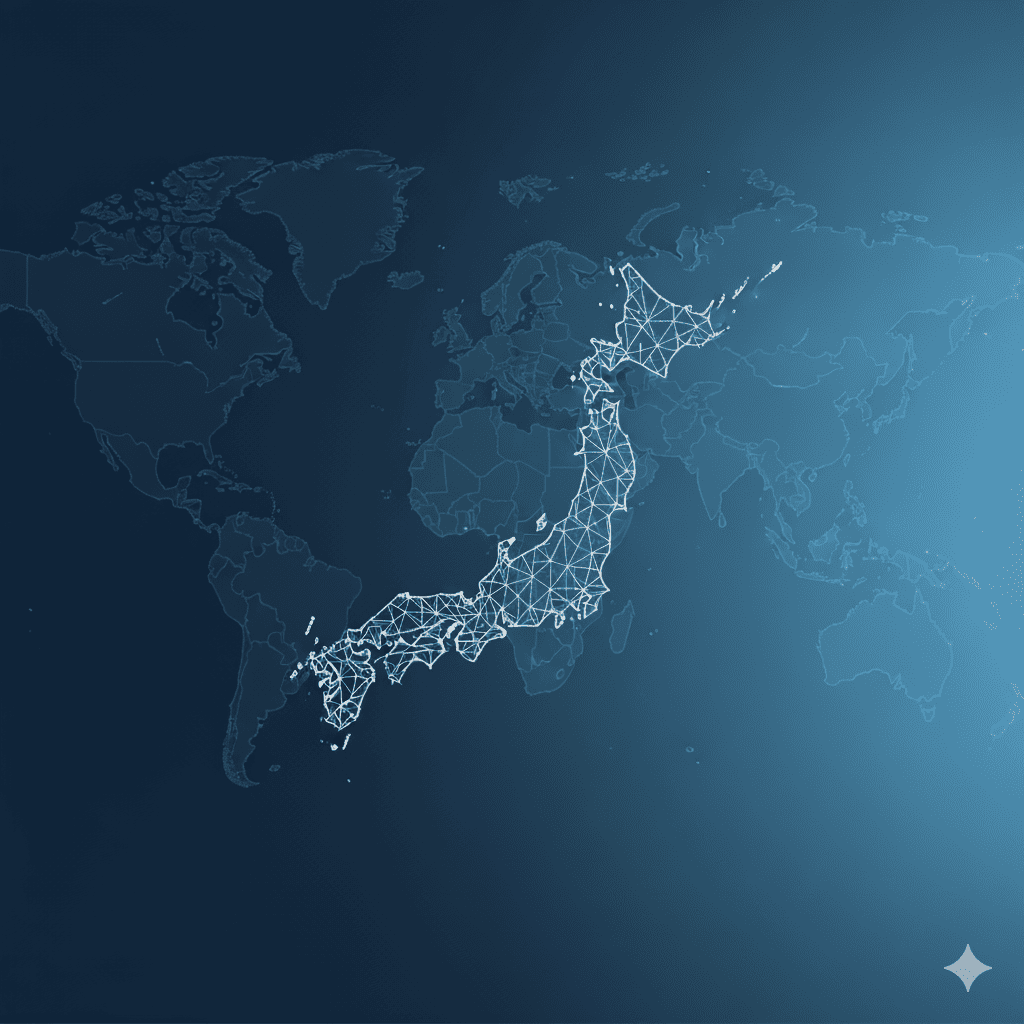
Non-Resident Determination and Verification Methods
Confirming that transaction counterparts are non-residents is extremely important for export tax exemption application. For individuals, non-residents include those who do not have an address within Japan, those without intention to stay in Japan for one year or longer, and those currently residing outside Japan.
For corporations, non-residents include corporations with head offices or principal offices outside Japan, corporations established under foreign law, and corporations whose substantial management control is conducted outside Japan.
In practice, non-resident status is confirmed through methods such as verifying addresses and locations in contracts, checking corporate registration certificates, confirming passports or residence certificates, and verifying bank account locations. Note that foreign corporations with branches or offices in Japan are still treated as non-residents if their head office is overseas.
Criteria for Determining Overseas Consumption
Determining whether services are “consumed overseas” is judged by whether the location where services are actually utilized or where effects are realized is outside Japan. The key point is not the physical work location, but where the service value is enjoyed.
Consulting for improving overseas factory productivity has effects realized at overseas factories, product design for overseas markets is used for products sold abroad, and market research for foreign corporations’ overseas business has results utilized in overseas operations – all qualify as overseas consumption.
Conversely, consulting for foreign corporation branches within Japan has effects realized within Japan, services for foreign nationals staying in Japan are consumed within Japan, and training and seminars conducted within Japan have their service provision location within Japan – these are determined as domestic consumption.
Practical Documentation and Evidence Requirements
Proper creation and preservation of evidence documents is essential for applying export tax exemption. The following documents must be preserved for seven years to demonstrate the basis for system application during tax audits and other proceedings.
Contract-related documents required include service provision contracts (clearly stating counterpart’s address and location), purchase orders and order confirmations, specifications and work instructions, and delivery and deliverable confirmation documents. Payment settlement documents require invoices (clearly indicating they are addressed to non-residents), receipts and payment confirmation documents, overseas remittance records, and exchange rate certificates.
Non-resident proof documents include counterpart’s corporate registration certificates (for foreign corporations), address or residence certificates, passport copies (for individuals), and non-resident certificates. Overseas consumption proof documents require materials showing service utilization locations, deliverable utilization status reports, materials showing overseas effect realization, and project completion reports.
In practice, it is important to always confirm counterpart’s non-resident status during contract conclusion, document overseas consumption during service provision, confirm overseas remittance during invoicing and payment, and maintain evidence of overseas service utilization upon completion.
Summary
The consumption tax export exemption system for service exports is an important tax incentive measure for Japanese companies expanding international business. By meeting the two conditions of “provision to non-residents” and “overseas consumption,” companies can avoid consumption tax burden.
System application requires proper document creation and preservation, with evidence document preparation needed at each stage from contract to completion. Additionally, as remote work proliferation has complicated overseas consumption determinations in some cases, careful consideration including consultation with experts is necessary. Through proper understanding and application, companies can achieve improved competitiveness in international transactions and appropriate tax processing.

